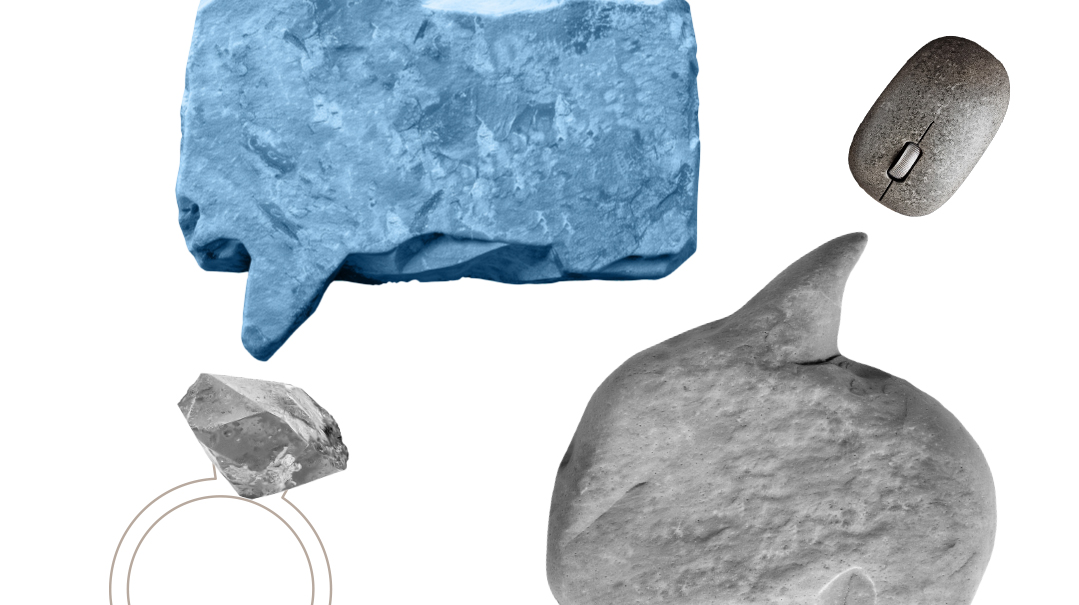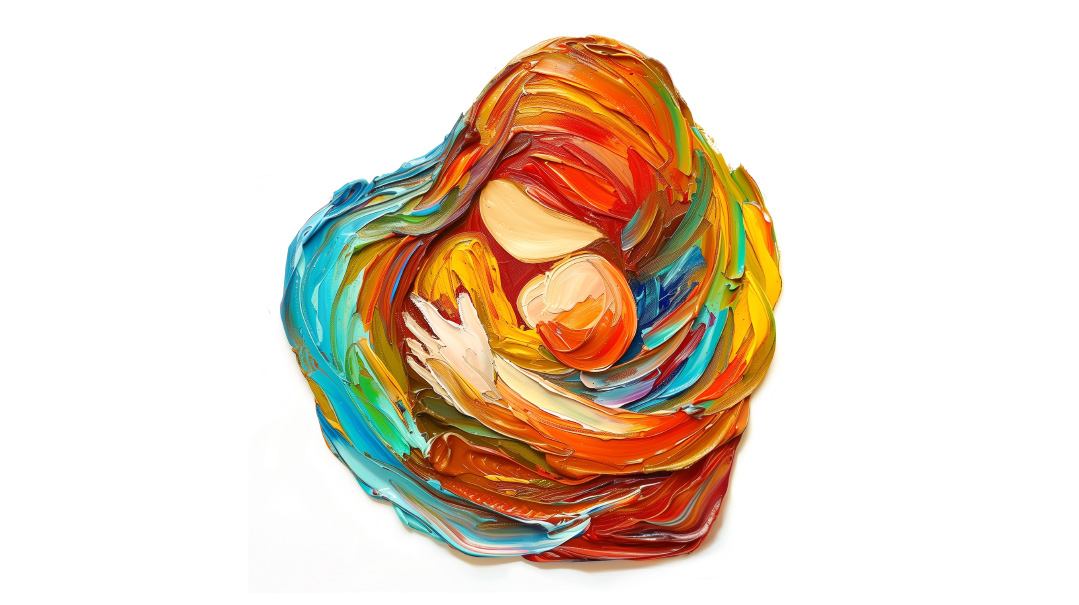From Tree to Flame: An Olive Oil Quest
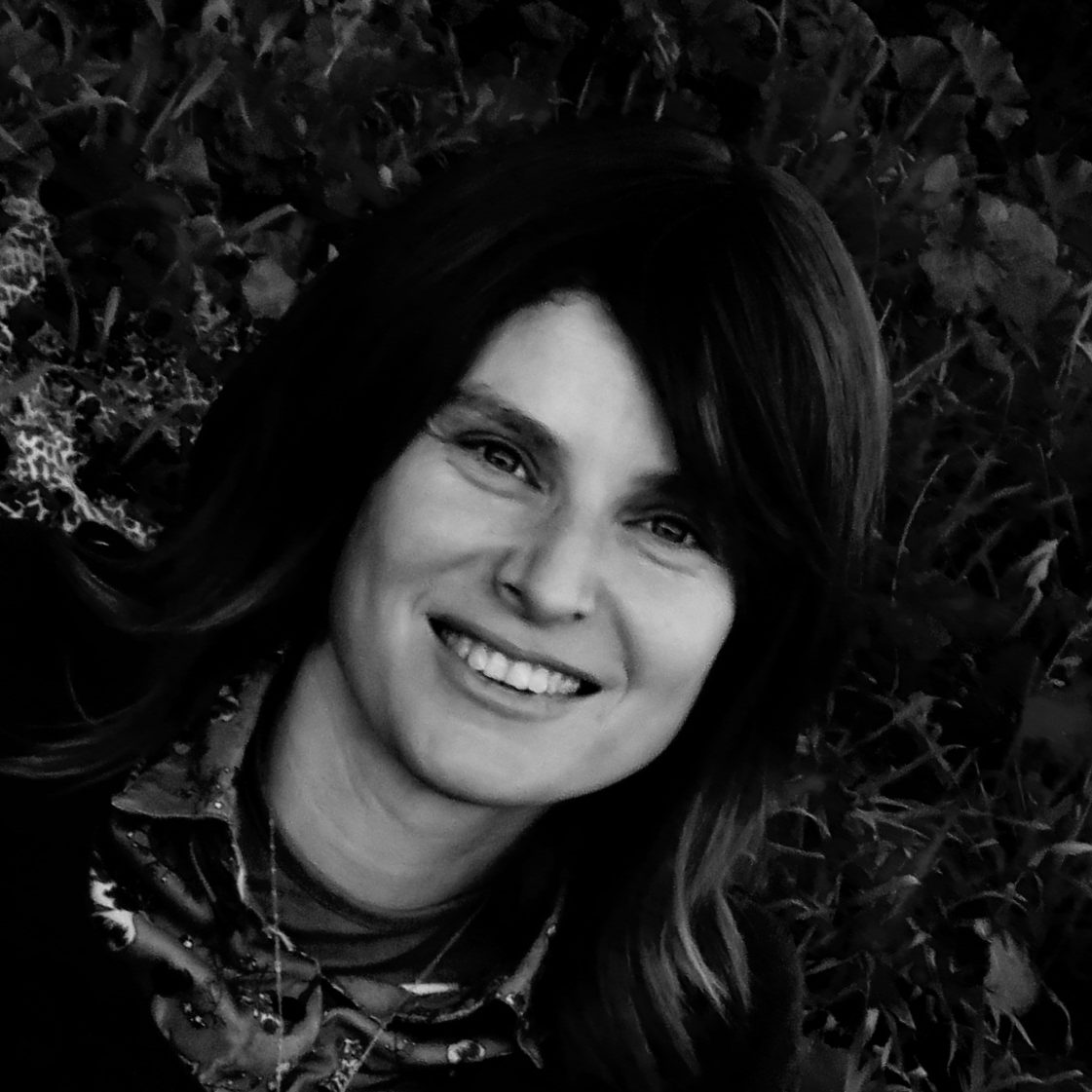
My quest to create my own olive oil to light our menorah
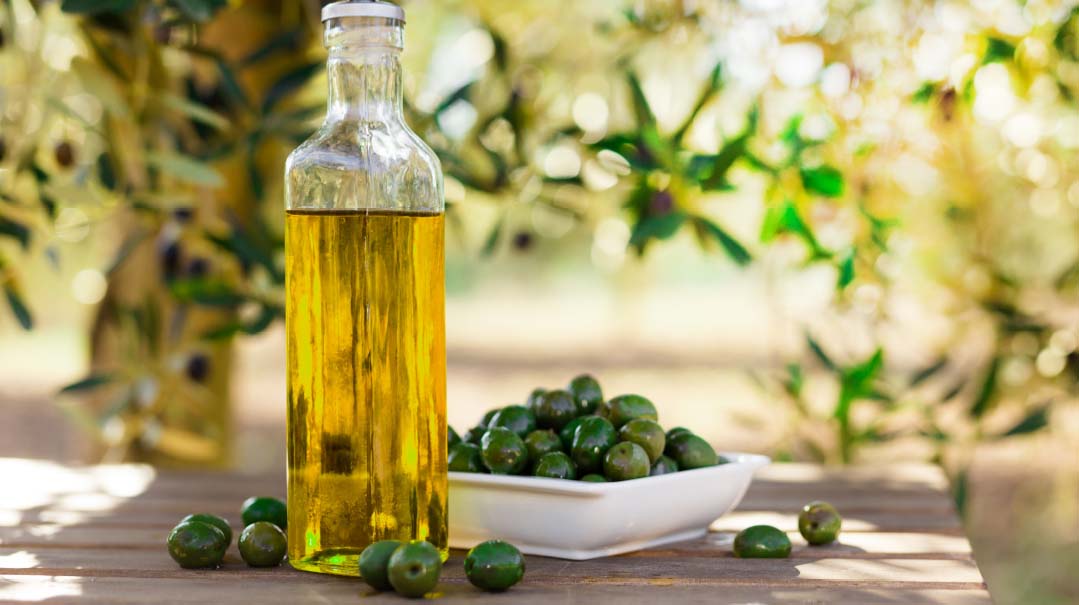
Photos: Elbinger Family
October 2019
“You see that building,” said Tamar, pointing to a squat, ‘60s-style house, as we walked through the grounds of the kibbutz. “That’s the Children’s House where I grew up. Now it’s just a kindergarten.”
We paused for a moment, picturing Tamar as a little girl, living there among her peers — learning, playing, and sleeping by their side — while her parents inhabited a bungalow five minutes away.
Then we hurried on toward our destination: the olive trees. They were the reason we’d woken up at five a.m. to drive all the way to Kibbutz Mesilot in the Beit She’an Valley.
Tamar was my neighbor in Ramat Beit Shemesh; she’d made the journey from secular kibbutznik to frum suburban mommy. When Tamar told me she gets olive oil from her father, who picks and presses it himself, I saw an opportunity. For years I’d wanted to produce my own oil from the beautiful and abundant olive trees that surround me here in Eretz Yisrael.
To my surprise, Tamar immediately warmed to my suggestion of an olive picking road trip. Another neighbor also asked to join us, and that’s how Chana, Tamar, and I found ourselves meeting up with Tamar’s father, Yaakov, by a cluster of olive trees deep inside the kibbutz grounds one autumn morning.
Though her father was the image of a classic kibbutznik, Tamar informed us that he’d been born in Iraq into a religious family. Conditions were difficult in those early days of the State of Israel, so his parents sent him to Kibbutz Mesilot, hoping he’d gain a stable education and future.
Sixty-something years later, Yaakov’s weathered face broadcasted his skepticism as he surveyed the three of us with a dubious eye. No doubt we didn’t present a picture of promising farm laborers. Three frum mothers from the city, one among us expecting good news, our hands lily-white, our nails smooth, our clothes pristine.
A man of few words, Yaakov led us to a shady spot and showed us how to remove olives from the branches he’d pruned off the trees. We sat down and began combing the stems industriously, using little plastic rakes that looked like they’d been borrowed from a kindergarten sandpit, enjoying a good schmooze as we worked.
An hour later, we’d finished combing all the branches, separated out the twigs and leaves, and bagged the olives in woven sacks. Yaakov thanked us for our work, before remarking, “I’m sure you girls want to go off now and enjoy a coffee. They opened a mehadrin café in Beit She’an, you know.”
I was chagrined that he took us for princesses. I wanted him to know I’d gone to bed at two a.m. as I struggled to meet a deadline, then risen at dawn to drive over two hours to this distant valley. I was ready to prove myself as a strong, hard-working, capable olive picker.
Why couldn’t he see that?
He led us to another group of trees and allowed us to comb the olives directly off them.
The olives growing in Mesilot’s well-tended, grassy grounds were plump and juicy. It was satisfying to comb ten or twenty off with each stroke. I knew this wasn’t exactly “real” olive picking, but at least it was progress toward my dream. For the rest of the day, I enjoyed the mild weather and the fresh air, my mind free while my hands worked.
When Yaakov later gave me a few liters of the olive oil from our harvest, I was intrigued by the taste; more pungent, fresh, and alive than store-bought oil. When my husband lit our Chanukah menorah with our olive oil, the feeling of satisfaction was incomparable.
I was hooked. I knew that I’d do olive picking again next year. This time for real. What I really wanted was to pick enough to supply my family with olive oil for the whole year.
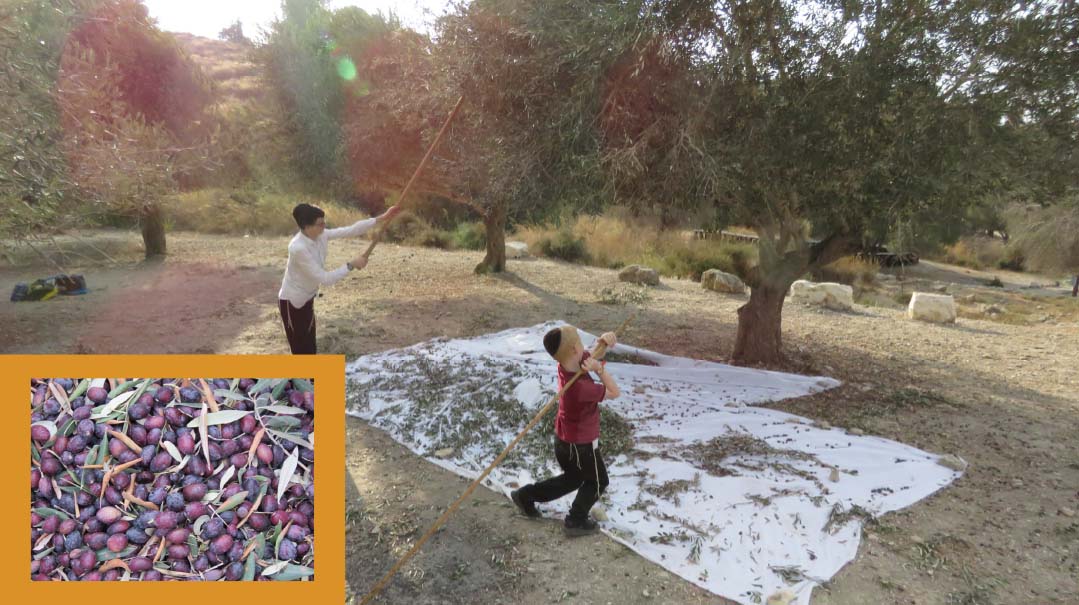
November 2020
Traditionally, the olive season in Eretz Yisrael goes into full swing with the first rains, usually around mid-October.
In 2020, I feared I missed the boat. A worldwide pandemic is a reasonable excuse for missing any boat, but that alone wouldn’t have stopped me from picking olives. There was another personal reason.
Starting in May 2020, I was publishing my novel, Yedidya, in weekly installments. All other priorities were subjugated to a demanding write-edit-publish schedule. As soon as the serial finished in mid-November, I started asking around if anyone would allow me to harvest olives in exchange for a share of the oil.
That lead me to Mahsiya, a moshav right next to Beit Shemesh. Two mornings later, I went there to meet Elyasaf, a bearded father of a young family.
On the moshav perimeter rose a steep forested hill. Elyasaf led us up into a gully planted with an old, abandoned olive grove. It was the property of the JNF, which had declared the fruit hefker.
In this picturesque grove, I finally learned how olive picking is traditionally done. It’s actually quite simple. All you have to do is locate a tree loaded with ripe fruit, spread out an enormous net beneath it, and then, using a long, strong wooden stick, beat the laden branches so the olives fall onto the net below.
You move the net around as you beat different branches and trees, then separate out the twigs and leaves, and pour the olives into sacks, ready for the olive press.It’s not hard to learn. But it is hard to do, especially if you’re a city girl unused to manual labor requiring upper-body muscles. Expect to perspire. Blisters may form on your palms. You’ll get a lot of dust and debris in your eyes.
Nevertheless, I loved the experience. Each time I gave an energetic whack, olives rained down on the net with a hearty drum-roll of plops. Whackity-whack. Whackity-whack!
Over the next four days, I harvested olives with my daughter and several other girls who didn’t have school due to the lockdown. Tamar also joined me one day, as did other women from my community. Elyasaf had other volunteers who came and went.
I worked mostly in silence, enjoying the peaceful company of the gnarled trunks of the ancient olive trees. The fruit was less plump compared to the cultivated trees we’d picked on the kibbutz, but there was still an impressive amount.
During one break, Elyasaf told us the story of how he’d taken over his parents’ farm in Mahsiya and transformed it into a rustic nature education center. He was also trying to grow vegetables on the neighboring field. Like most of the moshav’s land, it’s not cultivated by its owners. Everyone knows it’s impossible to make a parnassah from small-scale agriculture in the modern world.
His regret moved me. I know what it’s like to be pulled in different directions by the different aspects of my nature. I’ve chosen to live in a vibrant frum community located in a sprawling city, even though I love the country.
Before I left on Thursday, Elyasaf told me that if I came back the following week, he’d let me have all the oil from the olives I picked henceforth. My heart leaped. There were still plenty of unpicked trees. Finally, my chance to produce oil in quantity had arrived!
Sunday morning, I was back bright and early, with a few women and girls in tow. But alas, some local Bedouins had cleaned out the whole grove over the weekend.
Elyasaf gave me ten liters of olive oil, yet after a whole week of work, I wished it was more. Thankfully, it was more than enough to dip our challah into, as well as to light the menorah. I resolved that in 2021, I’d finally do olive picking like a pro. I was determined to make the freshest, healthiest, tastiest, purest olive oil that money can’t buy. Enough for the whole year.
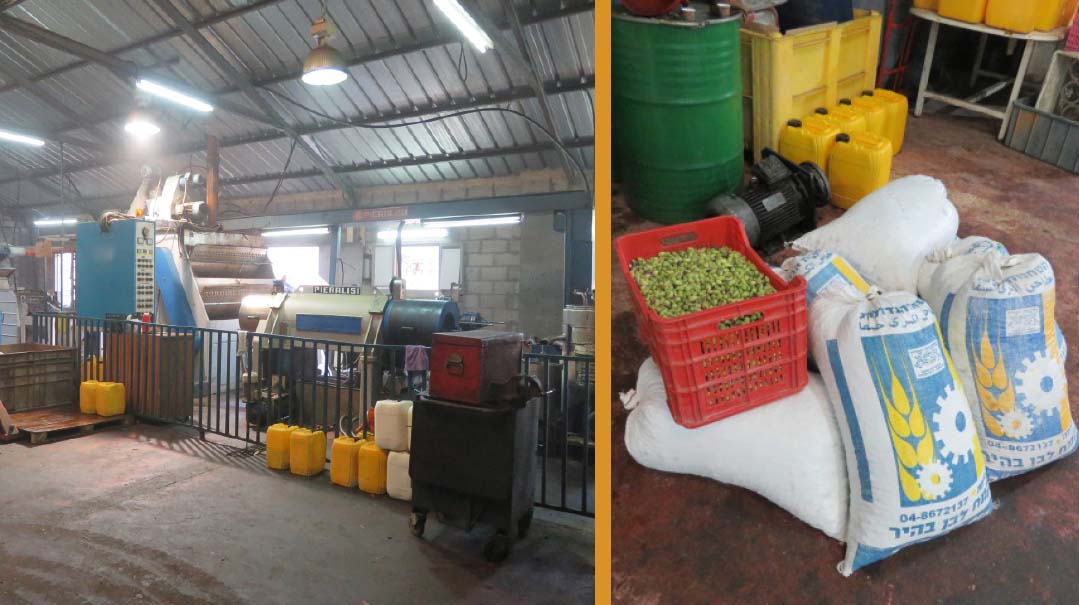
September 2021
It was the day after Succos when an idea spontaneously entered my head.
“Let’s go olive picking,” I said to my husband, Shmuel Yosef, as he walked in the door with our 15-year-old son.
I was overjoyed that they liked the idea.
Still, there were some obstacles.
First of all, it was too early in the year for olive picking.
Second, we didn’t have equipment.
Third, and most troubling, everyone was saying that 2021 was a terrible year for olives. Yaakov said the kibbutz’s fruitful trees were bare. Elyasaf said his forest grove was slim pickings.
That didn’t stop my brain from making some quick calculations.
Our family uses at least 20 liters of olive oil a year. Figuring an average of 1 liter of oil from every 5.6 kilograms of fruit, we needed to pick 112 kilograms of olives.
An ambitious goal considering the hurdles in our way, but I believed I’d gained enough experience to pull it off. I’d even learned something from the Bedouins: olives should be harvested in family groups. If you work with representatives of multiple families, it’s hard to pick enough for everyone to take a significant amount home.
It was this factor that gave me a sense of urgency to do this before my husband’s and son’s zeman started on Rosh Chodesh Cheshvan.
Seeking an immediate solution to our lack of equipment, my roving eyes rested on our still-intact succah. The two-by-four beams that supported the sechach could be our whacking sticks! Instead of nets, we could use the white fabric walls! (We’ll buy new next year.) And reusable shopping bags could serve as sacks.
As for the 112 kg of ripe olives to pick, Hashem was in charge of providing those.
On the last Sunday morning of Tishrei, we set out in the car, my husband avoiding near impalement by the wooden poles haphazardly wedged through the open windows.
We knew the locations of some abandoned olive groves in the many JNF forests surrounding Beit Shemesh. We parked the car in a picnic area and eagerly skipped down the hill toward the trees. The silvery undersides of the olive leaves shimmered, flame-like, in the breeze, hinting at the secret power of illumination concealed beneath their dusty exterior.
But as soon as we reached the grove, we came to an abrupt halt. The trees were eerily bare of fruit.
All of them.
I trekked up the slope in search of a particular tree that last year yielded a mother lode of laden branches, which I’d used for a Chanukah activity. But when I reached that tree, it didn’t have a single olive on it!
We moved on to other abandoned groves in the area. Yet two hours later, all we had found was one spikey, hard-to-pick tree that had maybe a kilogram of olives on it.
Frustrated, we stopped just to look at an olive grove that was privately owned and, unlike most, irrigated. We wanted to see if the farmers’ dire predictions were true. Sure enough, there were very few olives on those well-cultivated trees as well.
As a last resort, I suggested we visit a JNF forest further afield. During a picnic there years earlier, I’d made the delightful discovery of two heavily fruiting ancient olive trees.
After we drove out there, passing IKEA and the kever of Dan, son of Yaakov Avinu, on the way, I was able to retrace my path to those two trees I’d once encountered.
And behold, they were good. Very good!
They were also very tall, which made the branches hard to reach. But all we cared about was that they were studded — no, laden — with ripe purple olives.
We eagerly set up camp beneath some promising branches and before long, our snowy white succah walls were stained by the oily purple fruit that rained down with each hearty whack of a succah beam.
It took us two hours to systematically work our way around those two enormous trees, moving the sheets as we went.
When we poured our harvest into a bag, it was satisfyingly heavy.
For the rest of that day and the next, we examined hundreds of trees and found seven worth picking. We spent as much time searching for trees as picking them. But despite the extra time this cost us, I discovered an unexpected advantage of working as a family. I considered myself the olive harvesting expert, showing my husband and son the ropes. But it turned out that the menfolk, though more accustomed to hunching over a Gemara in a beis medrash than farm labor in the great outdoors, were blessed with stick-wielding upper-body strength that made even my most enthusiastic whacks look like a joke.
When I returned from picking up the younger kids after school, I found they’d skillfully harvested another two bags worth without my “help.”
Perhaps this was the real reason my previous harvests had never yielded as much as I hoped?
The younger kids and I still had fun doing our best to fill more bags, as well as sorting out the olives from the leaves. By the end of day two, we had 96 kilograms. Still short of our goal, but the next day was the last of bein hazmanim.
To obtain highest quality oil, olives should be pressed immediately after picking. The next morning meant a visit to the olive press in Latrun, at the foot of the Jerusalem hills.
The olive press, an enormous steel apparatus roughly the size of a semi-trailer, was located inside a dimly lit hangar made of hewn Jerusalem stone. Notwithstanding the sweaty workmen yelling over the thunder of machinery, it was a relaxed atmosphere. No one raised an eyebrow at the arrival of a city-slicking kollel family with our meager pickings.
There was one olive grower ahead of us on line for the press, who introduced himself in Yiddish to my husband as Yossi from near Rehovot. Though he was bareheaded, Yossi immediately informed us, with pride, that he keeps shemittah. He’d already signed over next year’s harvest, which will have kedushas shvi’is, to the beis din.
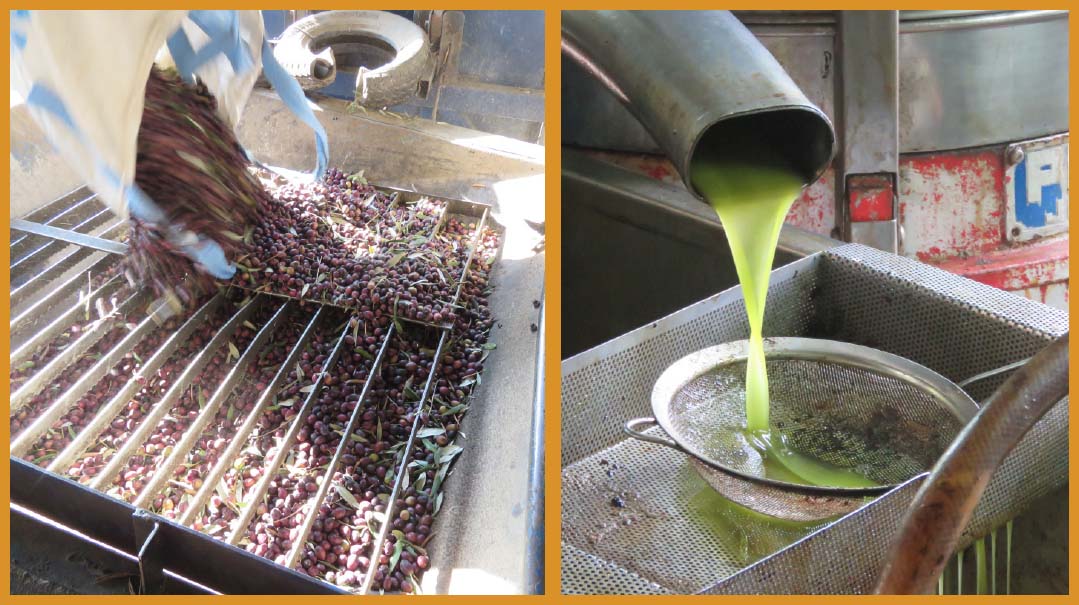
Seeing Yossi’s mammoth crates of olives being poured into the mouth of the machine by a forklift, we asked his opinion on the prevailing sentiment that “there are no olives this year.”
“It’s true,” said Yossi, shaking his deeply tanned head. “This is only 1.2 tons. In previous years, I picked three.”
So what are they going to sell in the stores, we wondered.
“Most olive oil in stores isn’t from Israel. And it probably isn’t real olive oil anyhow.”
When our turn arrived, we emptied out our five shopping bags of olives and watched as they traveled along the conveyer belt for the different stages of processing. First, the olives were washed over metal slats that allow the dirt and debris to fall away into a drain below.
Then the clean fruit is carried up high via a tall Archimedes screw before being pulverized and mashed on the way down. The pits and fibers are then separated and spat out a chute into a skip outside. This waste is later processed at high temperatures to produce low-grade olive oil. The remaining soft pulp is pumped into stainless steel tanks, which use centrifugal force to separate out the oil.
About 20 minutes after we poured our raw olives in, we positioned ourselves at the far end of the machine, ready to catch our pure olive oil in a yellow plastic jerry can.
We opened the spigot and the glistening golden liquid unfurled like a luminous ribbon, flowing and flowing until the jerry can was too heavy for me to load into the car.
Elated by our achievement, our family celebrated that Shabbos, dipping our challah for a first taste of this year’s olive oil, and doing a taste comparison to last year’s. Since it was parshas Noach, our harvest feast was enriched by parshah commentaries on the deeper significance of olive trees.
When I enthused about our escapade, a friend suggested this could be a side business for me: I could pick olives every year and sell the extra oil. To humor her, I did the math. Pure Israeli olive oil sells for $18 a liter. It takes about four hours to pick enough olives to produce a liter of oil, plus there’s the $2 per liter payment to the olive press. Therefore, the profit potential for this backbreaking business opportunity is a grand total of $4 per hour.
In any case, I can’t even imagine selling my oil. No cash-wielding customer could value it as I do. Our 96 kilograms of lovingly harvested olives yielded almost 18 liters of oil, an unusually high percentage. This, along with the scarcity of local olive oil this year, has heightened our sense of wonder as we prepare the glass cuplets of our Chanukah menorah.
Next year the olives will be kedushas shvi’is, which means more hefker groves to pick, but also a host of halachic restrictions on how much we can harvest, which farming tools we can use, and the handling of the resulting oil. We also can’t use shemittah oil to light our menorah.
Nevertheless, I can’t wait!
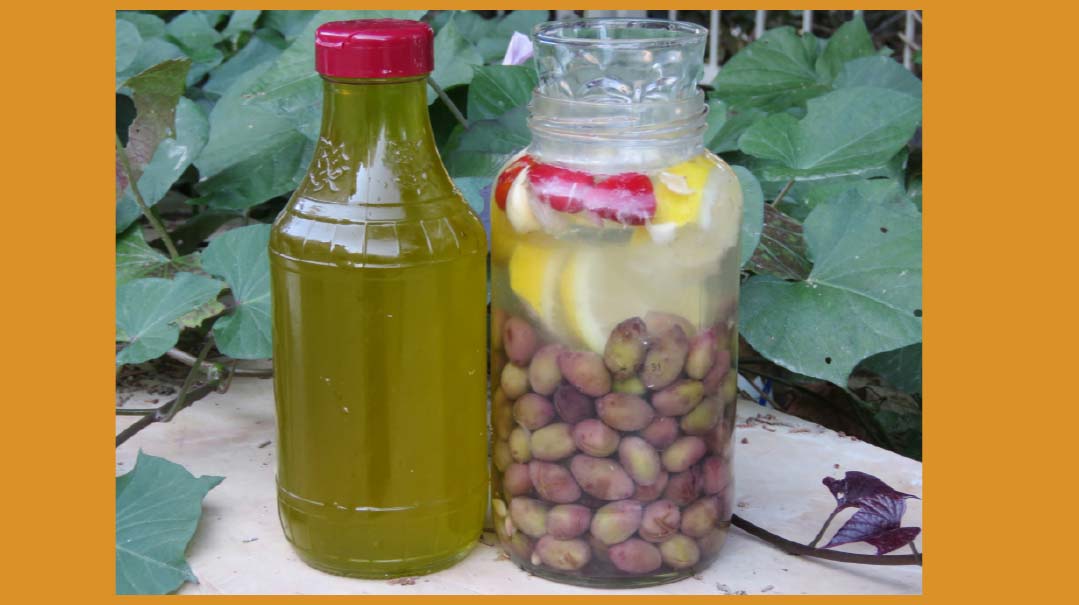
(Originally featured in Family First, Issue 770)
Oops! We could not locate your form.

